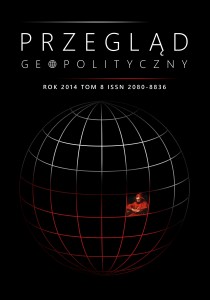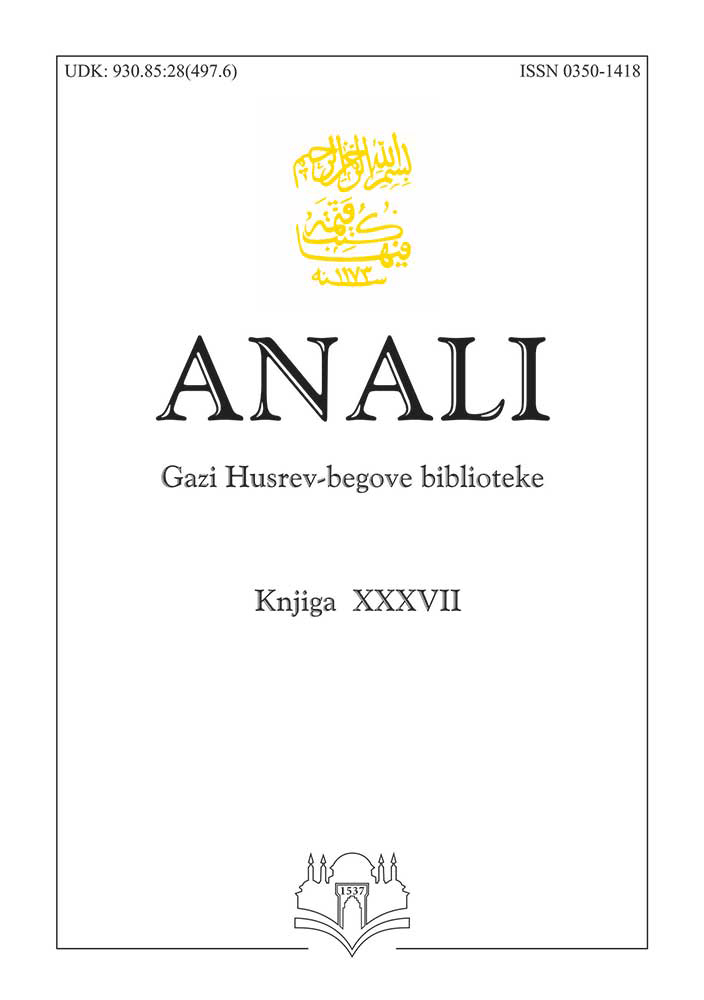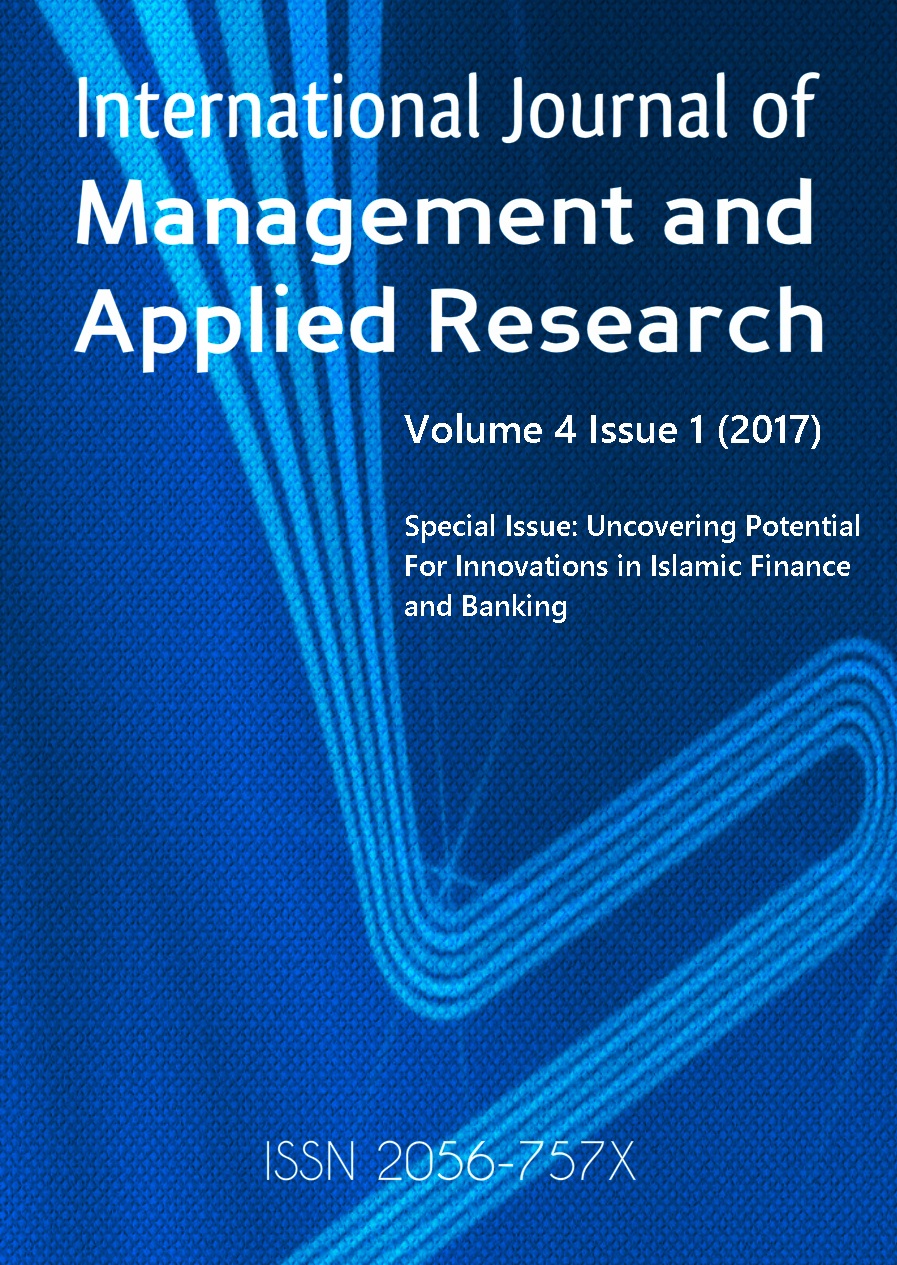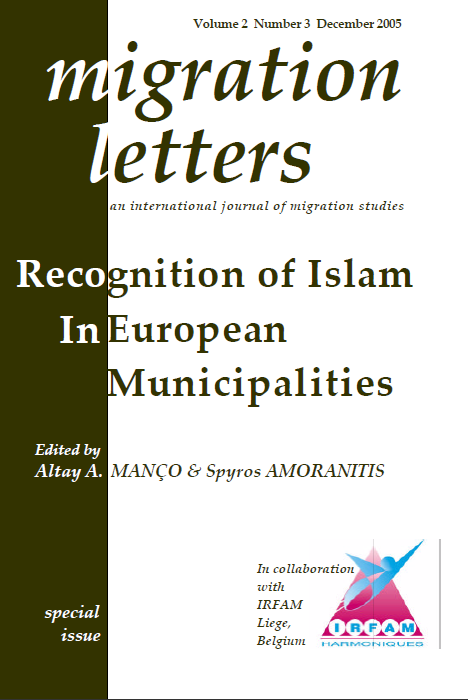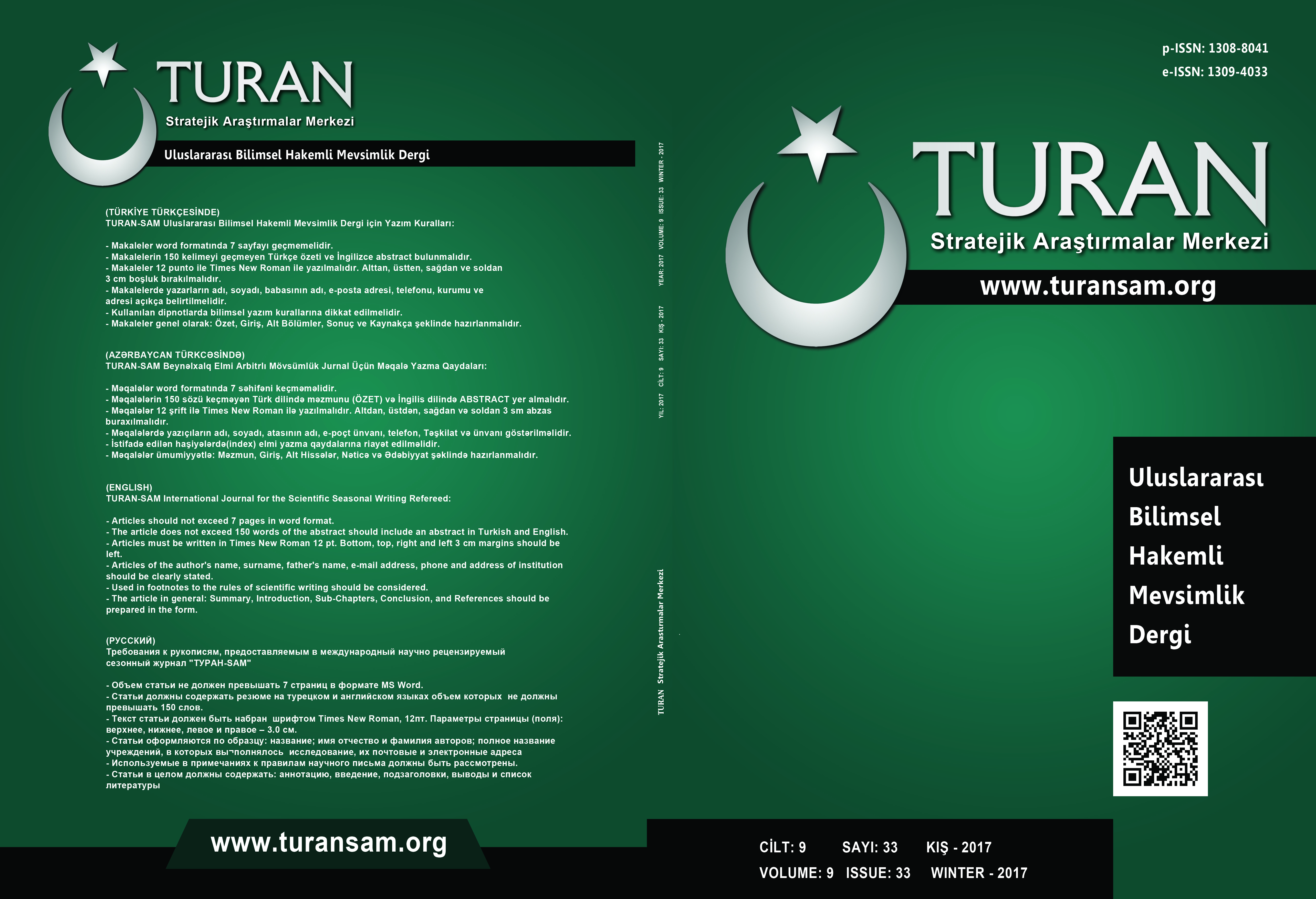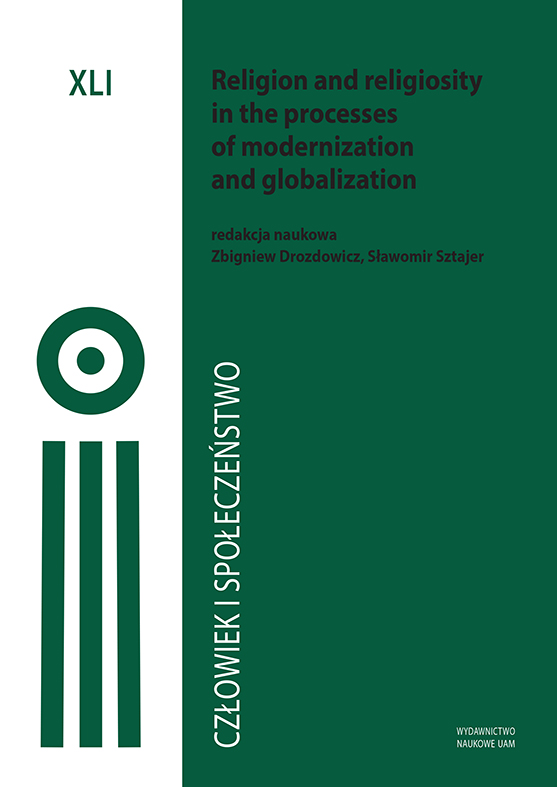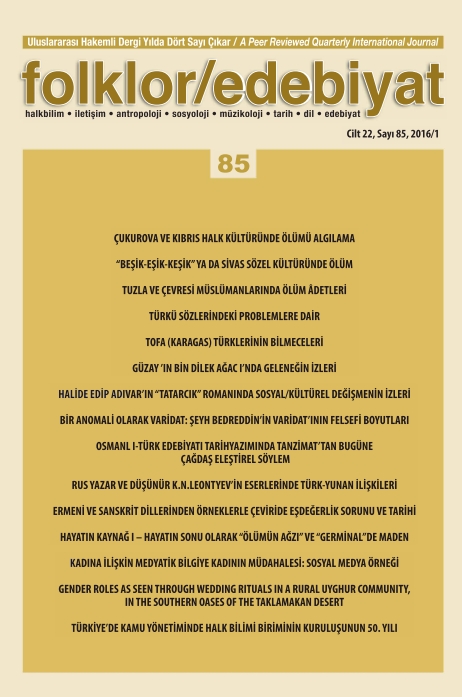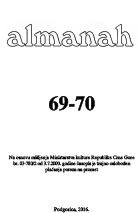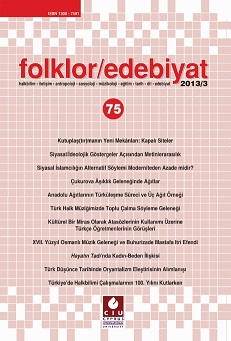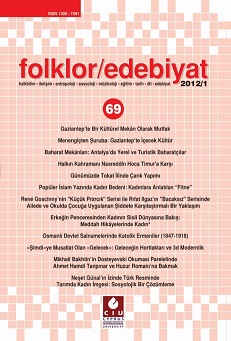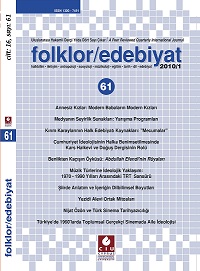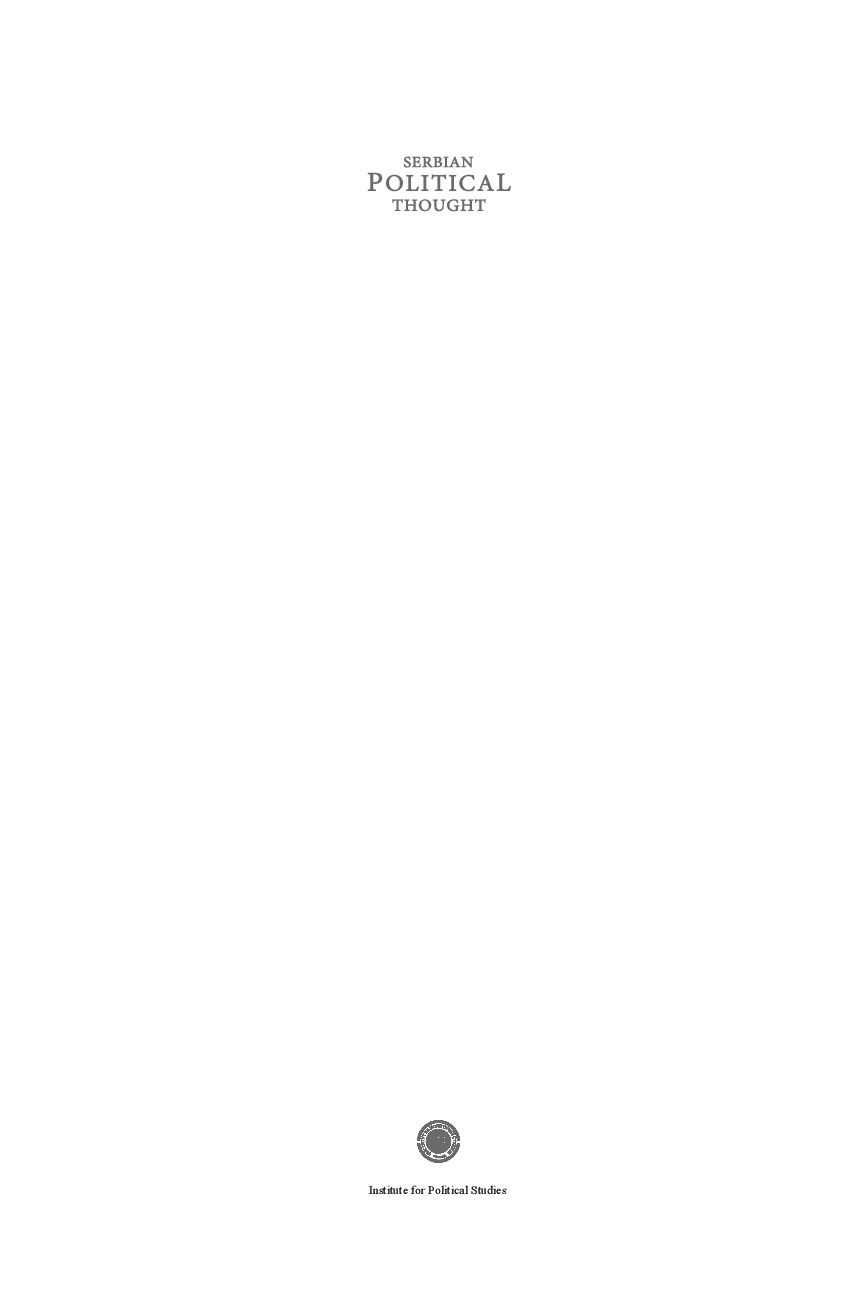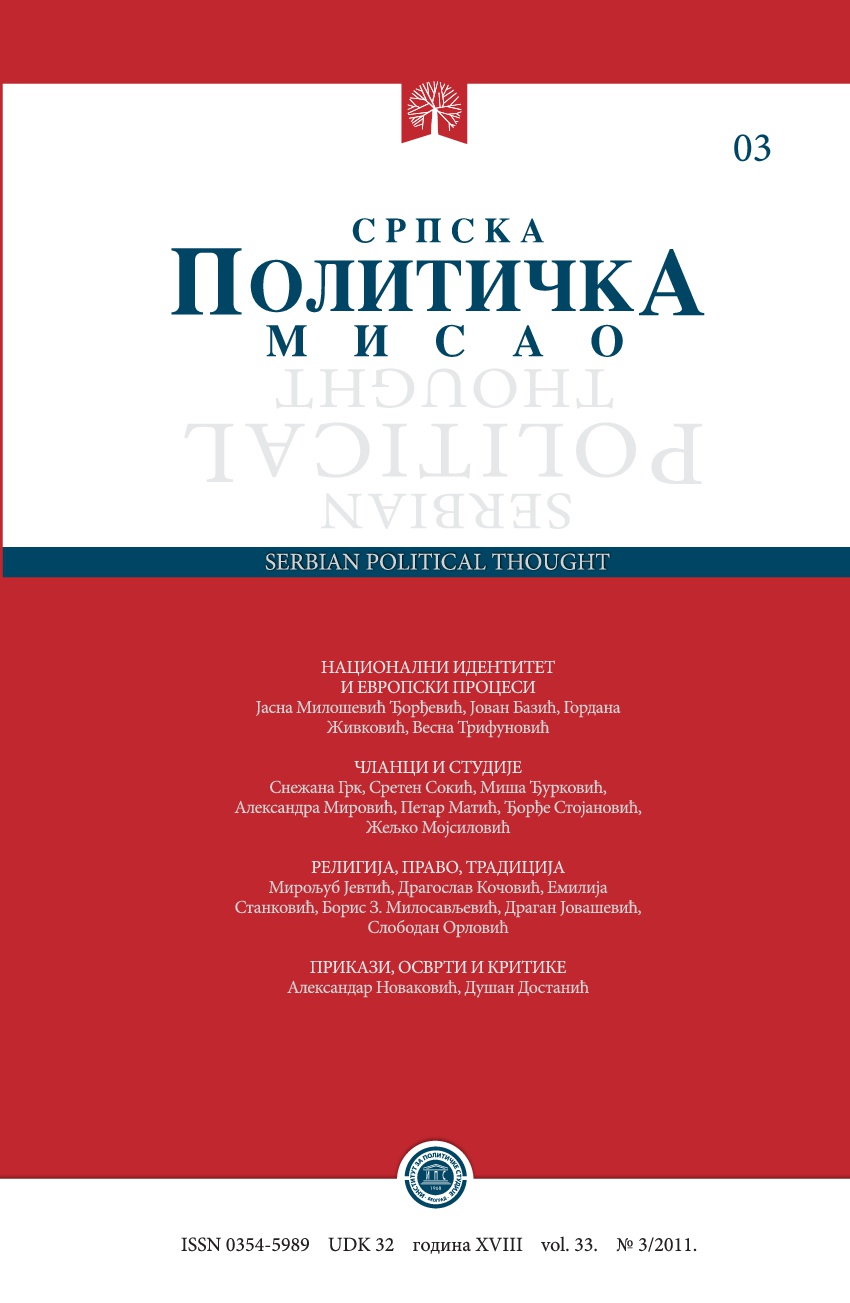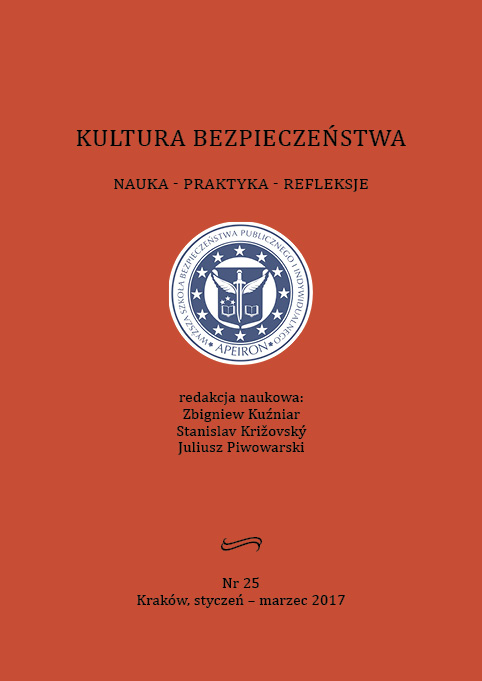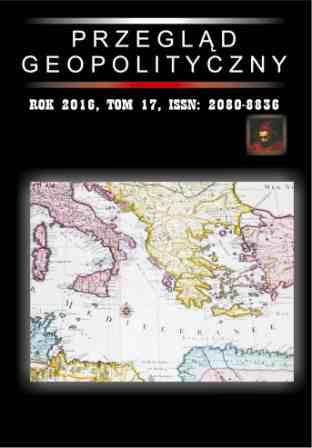
UZBROJENIE ARMII PAŃSTW MUZUŁMAŃSKICH I ICH PRZEMYSŁ ZBROJENIOWY. CZĘŚĆ II – AZJA I BAŁKANY
This is the second part of a review of equipment in hands of Muslim states armies. It includes the Muslim states of the Middle East, Turkestan and Southern Asia, as well as the Muslim states of the Balkans. This review should serve for future powernomics ratings and for creation of geopolitical scenarios. The information and data concerning Muslim states armies which are included in the paper, were supplemented by verified data on armament industries in these countries. In conclusion, after presentation of contemporary state of the military affairs the possible future scenarios and the future probable geopolitical interactions have been suggested. They were presented on both the civilizational level and the regional one.
More...
